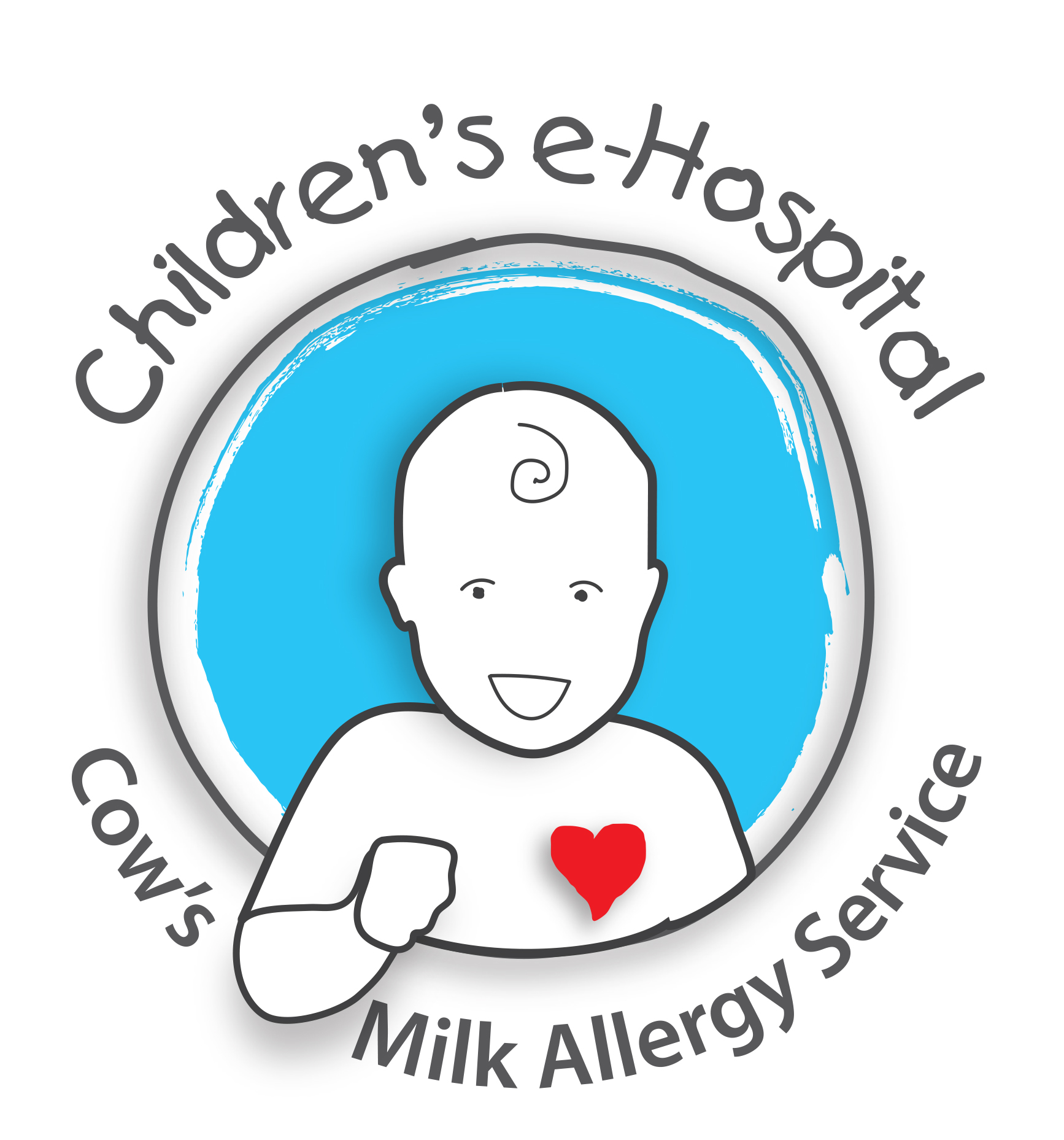Cows Milk Protein Allergy

What is cow’s milk protein allergy?
Cow’s milk protein allergy is a common condition that affects both breast fed and bottle fed infants. Cow’s milk contains proteins which are essential for growth. Food allergies occur when the immune system recognises a protein in food as a foreign body and triggers a response against it and histamine is released, a chemical which causes symptoms such as swelling, wheezing, hives, itching and vomiting.
Between 5-15% of infants will have symptoms of cow’s milk protein allergy although severe reactions are rare and estimates of the actual prevalence of this allergy are between 2-7.5% and highlights the importance of obtaining an accurate diagnosis.
What cow’s milk protein allergy is not!
Cow’s milk protein allergy (CMPA) is not an intolerance. The difference between allergy and intolerance is that an allergy involves the immune system, where as food intolerance is a difficulty in digestion, a non-allergic hypersensitivity to a particular food or element in food. This immunological involvement distinguishes CMPA from other adverse reactions to cow’s milk such as lactose intolerance, which is an intolerance to lactose, the natural sugar in cow’s milk. Congenital lactose intolerance is rare but serious condition causing faltering growth and will require a different course of treatment or diet to cow’s milk protein allergy. Symptoms of lactose intolerance are usually connected with the gastro intestinal system where as symptoms of CMPA also affects the skin and respiratory system. Therefore in order for a fast and accurate diagnosis it is important to note symptoms and timings of symptoms, keeping a food diary can help with this.
Babies can react to traces of cow’s milk proteins in breast milk but more commonly occurs in infants that are formula fed or when weaning on to formula milks or solid food. Symptoms of an allergic reaction to cow’s milk may be immediate or delayed.
Symptoms
Cow’s milk protein allergy can affect the skin, respiratory and gastrointestinal systems. Skin symptoms such as eczema are usually the predominant symptom in allergic reactions in babies where as respiratory symptoms such as runny nose are more common in older children and adults. Immediate reactions (those occurring with in minutes and up to two hours after consumption) include acute itching, rashes, hives, vomiting, abdominal pain, diarrhoea, acute rhinitis and wheezing. Some children may have persistent snuffles or runny nose as a feature of Cow’s Milk Protein Allergy. Immediate symptoms make it easier to diagnose CMPA in infants, as parents are aware of what their baby has consumed immediately before the reaction. Immediate reactions can be very scary for parents and although most reactions will settle with an antihistamine, medical help should be sought. It is more difficult to link delayed symptoms to CMPA or even to link these symptoms with an allergic reaction, as they are far less obvious. Delayed symptoms can include eczema, colic, reflux, constipation or loose stools, blood in stools, catarrhal symptoms, runny nose, snuffles and recurrent wheeze to name just some. With a delayed reaction symptoms usually occur within 2-72 hours following ingestion of the allergen.
What is the likelihood of CMPA?
There is an increased likelihood of allergy where other family members suffer from allergies, asthma, eczema or hay fever. It is worth considering CMPA if your child has symptoms such as colic, reflux, eczema or constipation and the usual treatments have not worked. If your child is struggling to gain weight and has other symptoms discussed above, this may also be indicative of CMPA.





